
Expect nothing and you don't need the courage to hope, nor the strength to withstand disappointment when nothing comes
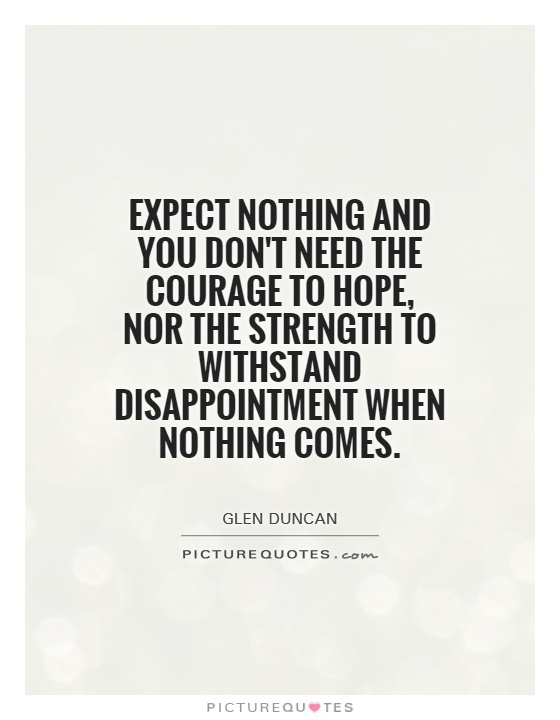
Expect nothing and you don't need the courage to hope, nor the strength to withstand disappointment when nothing comes
In the world of Glen Duncan, a renowned British author known for his dark and thought-provoking novels, the concept of expecting nothing takes on a profound significance. Duncan's works often delve into the complexities of human nature, exploring themes of desire, loss, and the struggle for meaning in a seemingly indifferent universe. In this context, the idea of not expecting anything can be seen as a form of existential resignation, a recognition of the inherent uncertainty and unpredictability of life.One of Duncan's most famous novels, "The Last Werewolf," follows the story of Jake, the last of his kind, as he grapples with his own mortality and the futility of his existence. Throughout the novel, Jake is constantly confronted with the harsh realities of his world, where violence and betrayal are commonplace, and where hope is a rare and fleeting commodity. In this bleak and unforgiving landscape, the idea of expecting nothing becomes a survival strategy, a way to shield oneself from the inevitable disappointments and heartaches that life has to offer.
For Duncan, the courage to hope is a double-edged sword. While hope can provide a sense of purpose and direction, it also opens one up to the possibility of crushing disappointment. In a world where nothing is guaranteed, where even the most well-laid plans can be derailed by unforeseen circumstances, the strength to withstand disappointment becomes a valuable asset. By letting go of expectations and embracing the uncertainty of the future, one can find a sense of freedom and resilience that allows them to navigate life's challenges with grace and dignity.



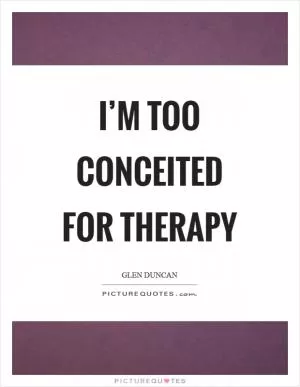
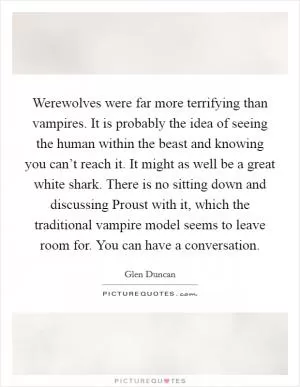
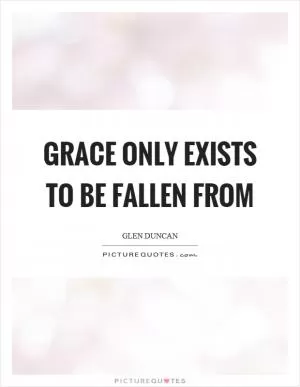

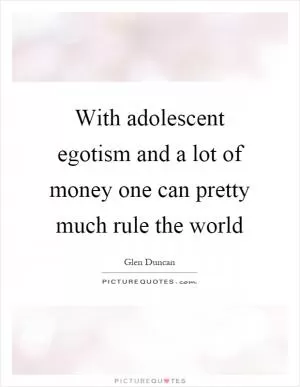

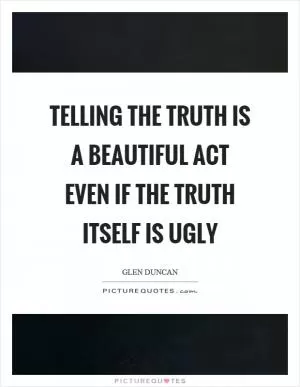
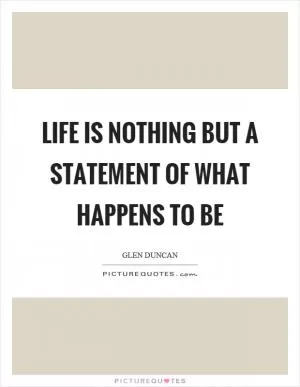

 Friendship Quotes
Friendship Quotes Love Quotes
Love Quotes Life Quotes
Life Quotes Funny Quotes
Funny Quotes Motivational Quotes
Motivational Quotes Inspirational Quotes
Inspirational Quotes